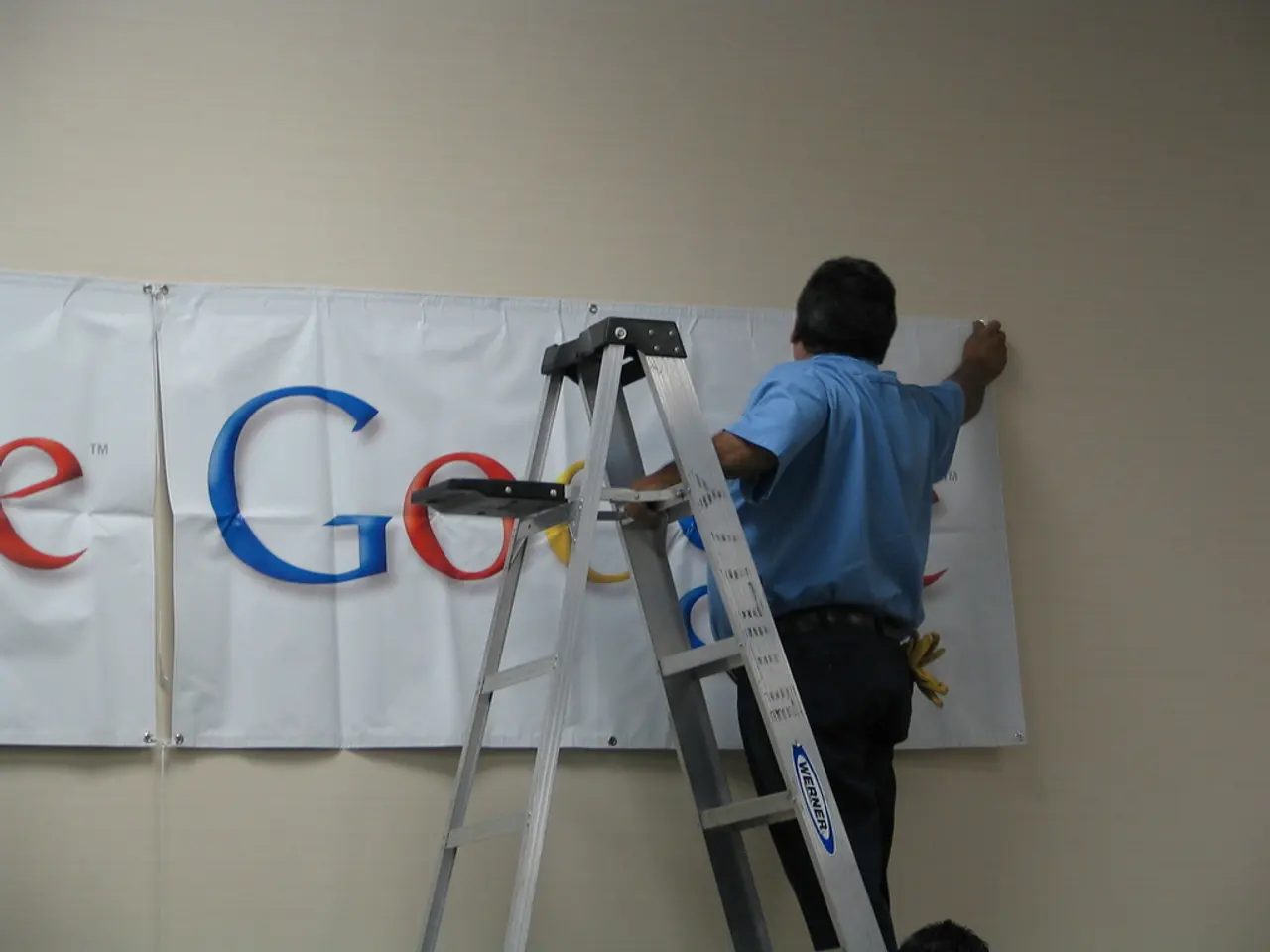Google scrutinizes the quality of your content with the March 2025 core update
In a significant shift, Google's latest core update has brought about a transformation in the digital landscape. The update, which took place in March 2025, is focusing on rewarding websites that prioritize quality, expertise, and user experience.
The E-E-A-T (Expertise, Authoritativeness, Trustworthiness) framework is now a litmus test for site quality, with the overall quality and purpose of an entire site under the microscope, not just individual pages. This means that sites relying heavily on SEO-driven content may find it harder to rank with thin, unoriginal, or algorithm-gaming content.
Winners of this update include sites like Reddit and Yelp, which offer user-generated content rich in first-hand experience, detail, and authenticity. These sites, which reflect real expertise and solve actual problems for their audience, are likely on solid ground. On the other hand, losers of the update include sites with large volumes of low-quality or auto-generated content.
Google is now focusing on rewarding helpfulness and removing content that's just taking up space. This emphasis on quality over quantity is evident in the preference for fewer, well-structured, and valuable articles over multiple shallow ones. The message is clear: prioritize quality over quantity in content creation, and avoid publishing for the sake of publishing.
The update has also highlighted the importance of getting rid of outdated content. It's crucial to evaluate and remove or improve outdated or generic content that doesn't benefit users. This includes old, irrelevant blog posts that no longer serve the brand or audience, which may negatively impact domain quality.
Google is better at spotting content that lacks depth, originality, or real-world value. Content without clear author identification, qualifications, or sourced data is less likely to rank well. To show expertise, use real bylines, include bios, quote subject matter experts, and link to original data.
The new systems are also designed to favour content written by individuals with actual knowledge of the subject matter. This underscores the importance of working towards long-term credibility by aligning content with high-value, high-trust, human-led content.
To assess a brand's strengths and areas for improvement, Google has introduced the Brand Pulse Audit tool. For those interested in improving their content strategy, web design, branding, and digital marketing, KOTA is available for assistance.
The impact of the update has been uneven, with some sites seeing sharp drops in traffic, others seeing a lift, and many experiencing barely any change. However, it's clear that Google is no longer lenient towards low-value content, and those who adapt to these changes will reap the benefits.
Read also:
- Understanding Hemorrhagic Gastroenteritis: Key Facts
- Stopping Osteoporosis Treatment: Timeline Considerations
- Trump's Policies: Tariffs, AI, Surveillance, and Possible Martial Law
- Expanded Community Health Involvement by CK Birla Hospitals, Jaipur, Maintained Through Consistent Outreach Programs Across Rajasthan







